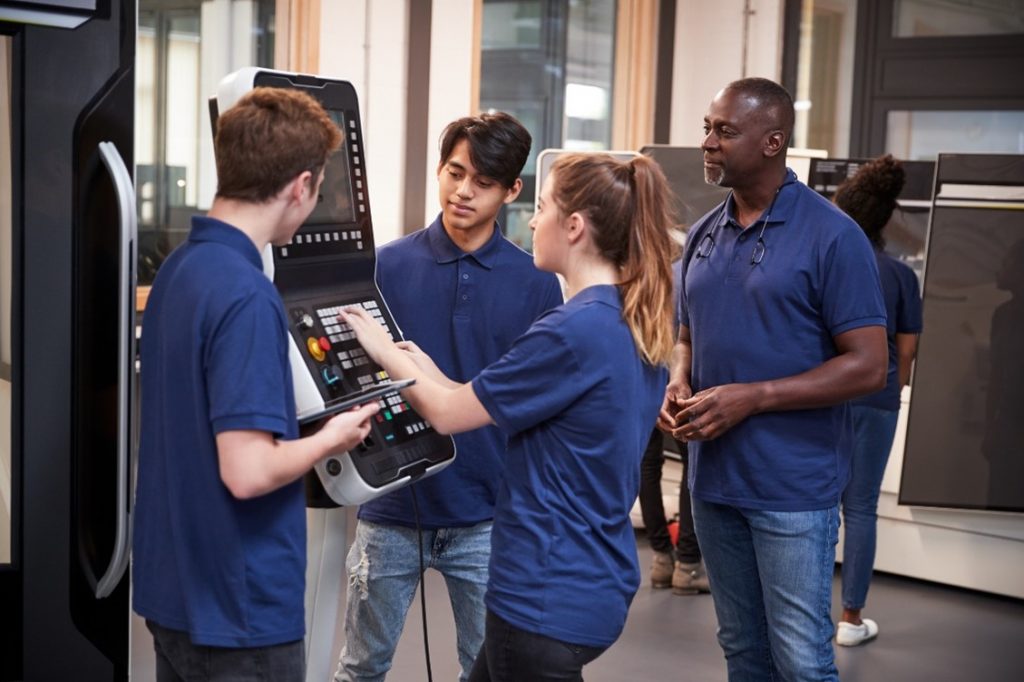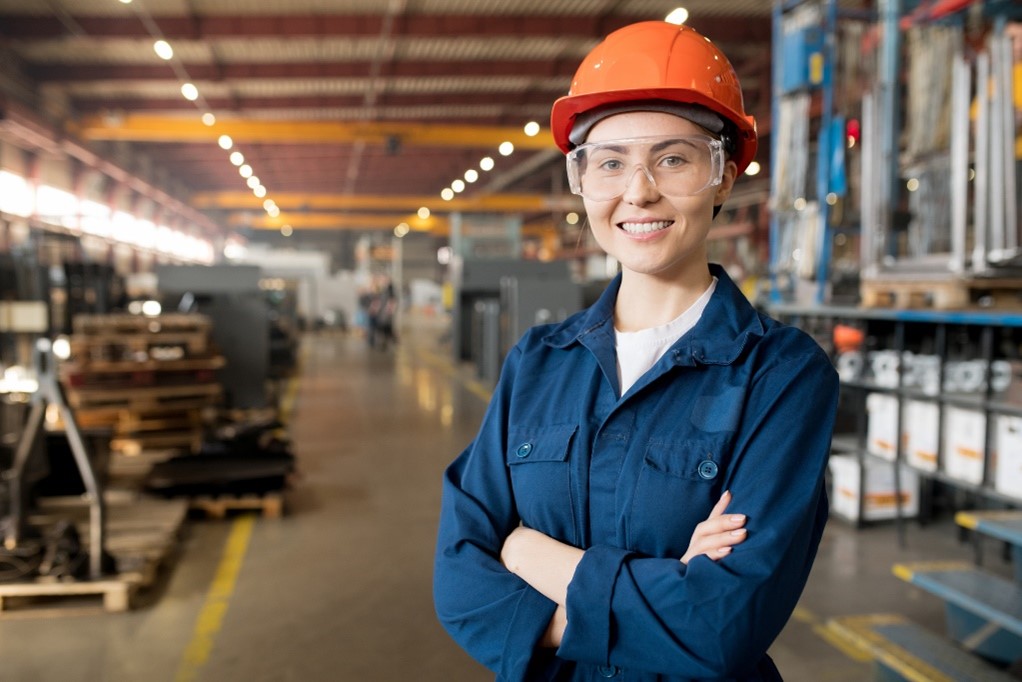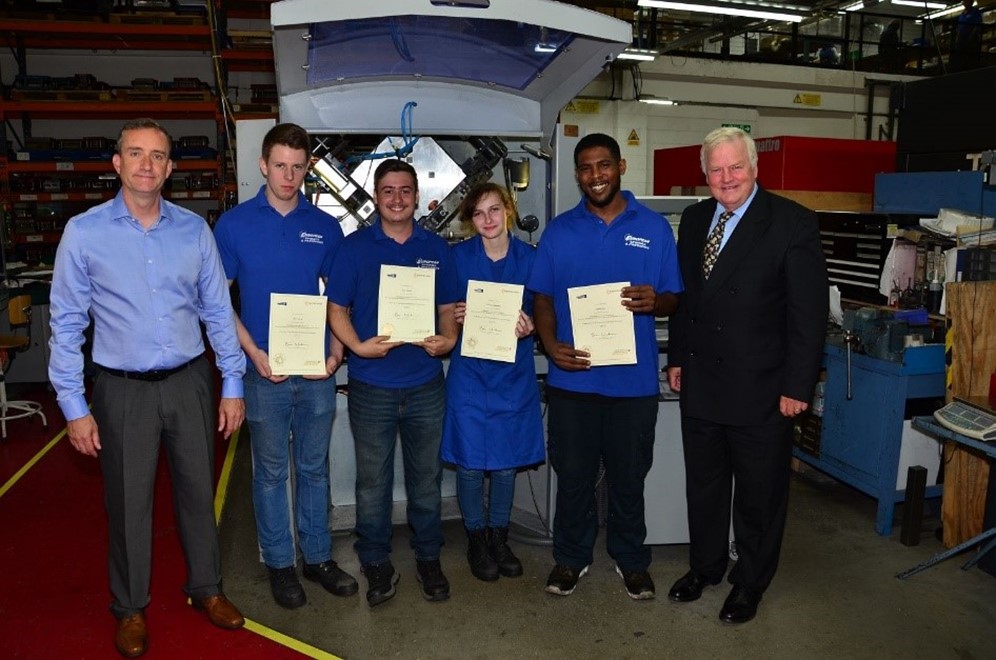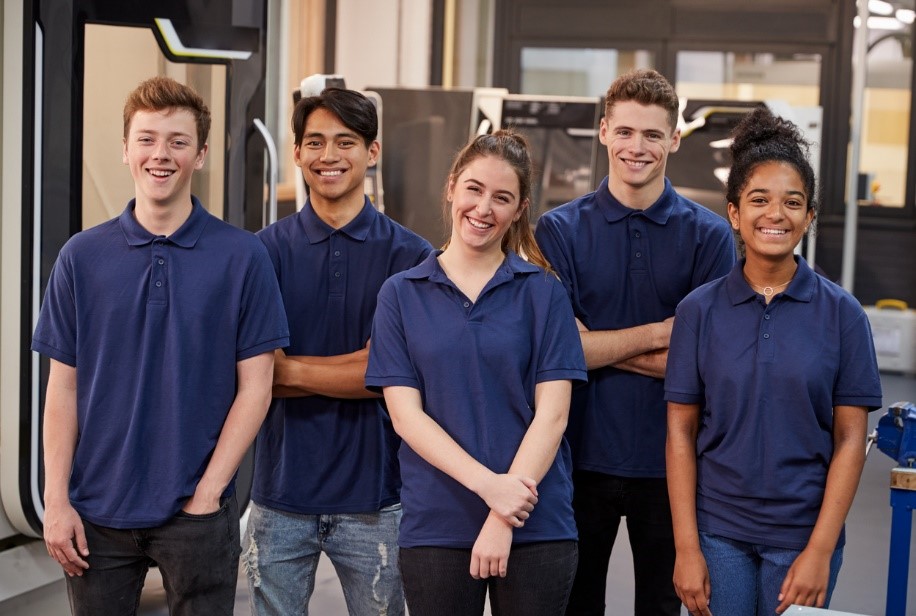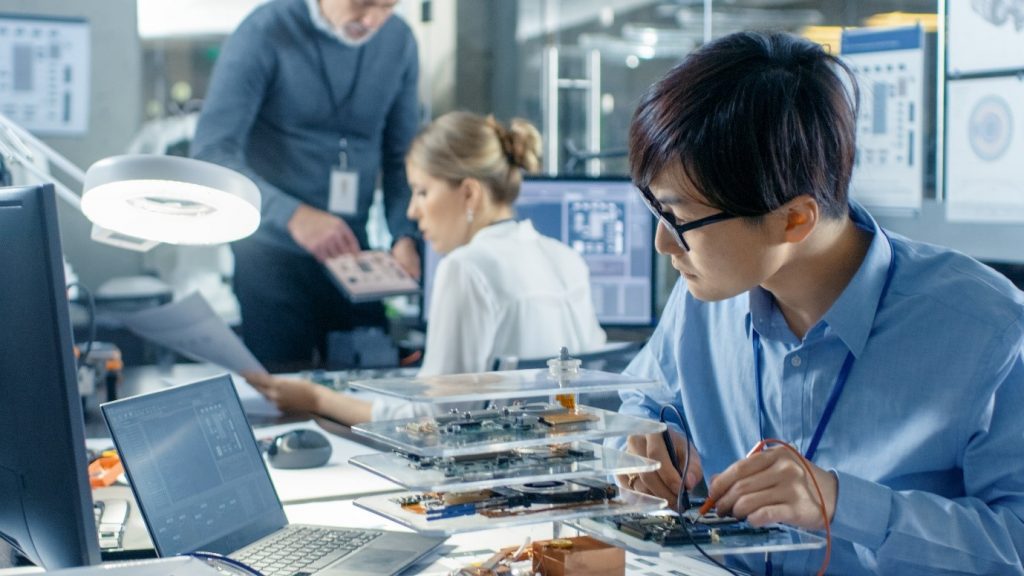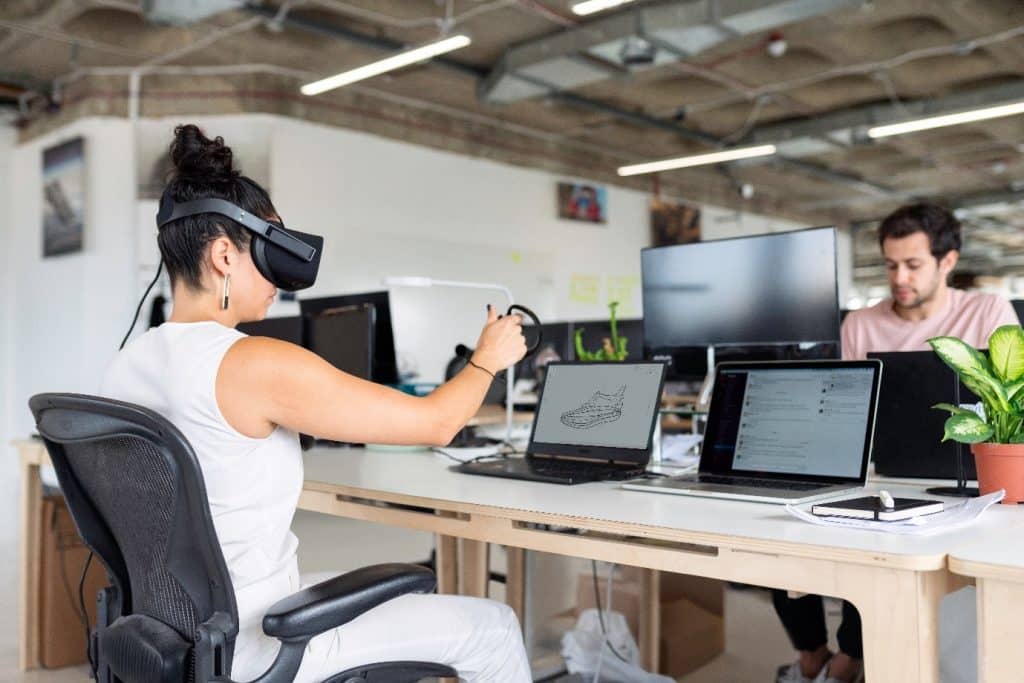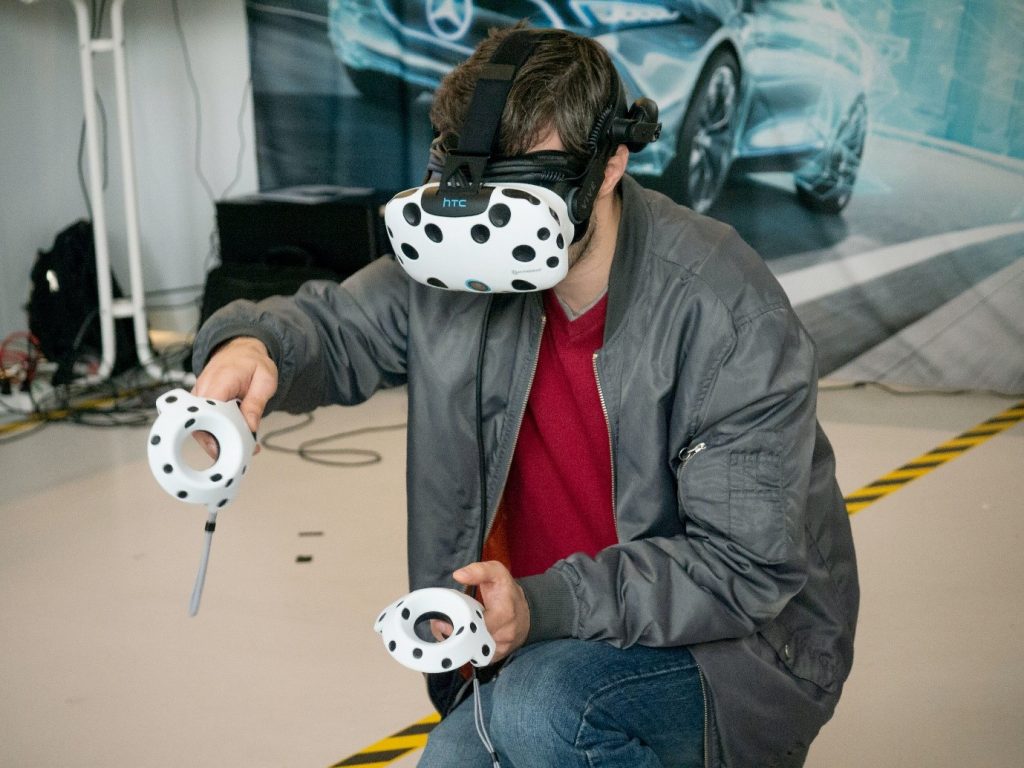With 5G set to revolutionise the manufacturing industry, there is much speculation on the importance of manufacturers adopting the technology as early as possible. Here, we will consider the benefits that 5G is likely to bring, when it will be rolling out, and what this means for manufacturing.
What Is 5G?
5G is the latest upgrade to mobile data. If you have used 2G, 3G or 4G on your phone, then you can imagine that, but much, much faster. While the general consumer only handles 3G or 4G for sending and receiving social interactions on their mobiles, there are significant repercussions for its fine-tuning for technology, including for those working in the manufacturing sector.
Mobile data works using radio waves, and 5G data will be transmitted over a section of the available bandwidth. It will be transmitted via phone masts and similar, with greater coverage occurring initially in cities where higher numbers of people can make use of the technology. As 5G becomes more popular and more technology is created that can use it, it will spread throughout the nation until it becomes the new normal.
What Are the Benefits of 5G?
This new mobile data is substantially faster than its predecessors, offering substantially faster download and upload speeds. Not only is this a great asset for downloading movies, but it will have a significant impact on the future of important society-changing technology, such as the development of driverless cars.
For an insight into the speed of 5G, it is ten times faster than 4G. Where is would previously take fifteen minutes to download a film on 4G, it will take you three minutes on a 5G connection.
When Will 5G Be Here?
5G is already here! In the UK, EE and Vodafone were the first to introduce a 5G plan back in May 2019. Since then, all major phone service providers have rolled out 5G packages; however, for consumers to make use of their package, they must have access to a phone compatible with translating 5G waves into data.
The same goes for smart technology and the internet of things. To make use of this improved speed, your technology may need updating or replacing. As such, 5G has already arrived in our country, but it is still gaining traction with industrial, commercial, and domestic users.
How Will 5G Affect the Manufacturing Industry?
The main ways in which 5G will affect the manufacturing industry is through improving the developing technology used in industry 4.0. Through 5G, smart machines will be able to communicate more information with each other, faster. This has great implications for the predicted efficiency of this technology but will also increase the amount of data that they can process, analyse, and report on.
If you are struggling to envision what this will really mean for your factory, then try to visualise your production line as a series of solitary, hygienic machines, communicating statistics to each other and your staff. For example, if machine A is running out of material, it will communicate to machine B to order in new materials. Machine A might then calculate the speed at which it will completely run out of materials to make your product and to warn staff in your office when to expect a new material shipment.
In the case that the material shipment runs late, machine A could be programmed to request machine check-ups during its downtime, ordering in parts and relying on human engineers to repair any burgeoning problems.
One of the primary roles of your staff in this situation will be to oversee the machines’ performance, to study the data they send back, and to formulate plans which will help to improve your business’ productivity. With technology like this, your staff will likely be able to work fewer hours for better pay. The evolution of the smart factory is good news all round.
We are spring manufacturers with decades of experience. Our smart machines help us to engineer precise parts of consistent quality for other businesses and industries. We can supply springs for household appliances to aerodynamic vehicles. With the introduction of 5G technologies and industry 4.0 being the inevitable future of manufacturing, we look forward to seeing how our productivity, and ability to provide for our customers’, changes.
Contact us for more information about our current practices and what we can do for you.






